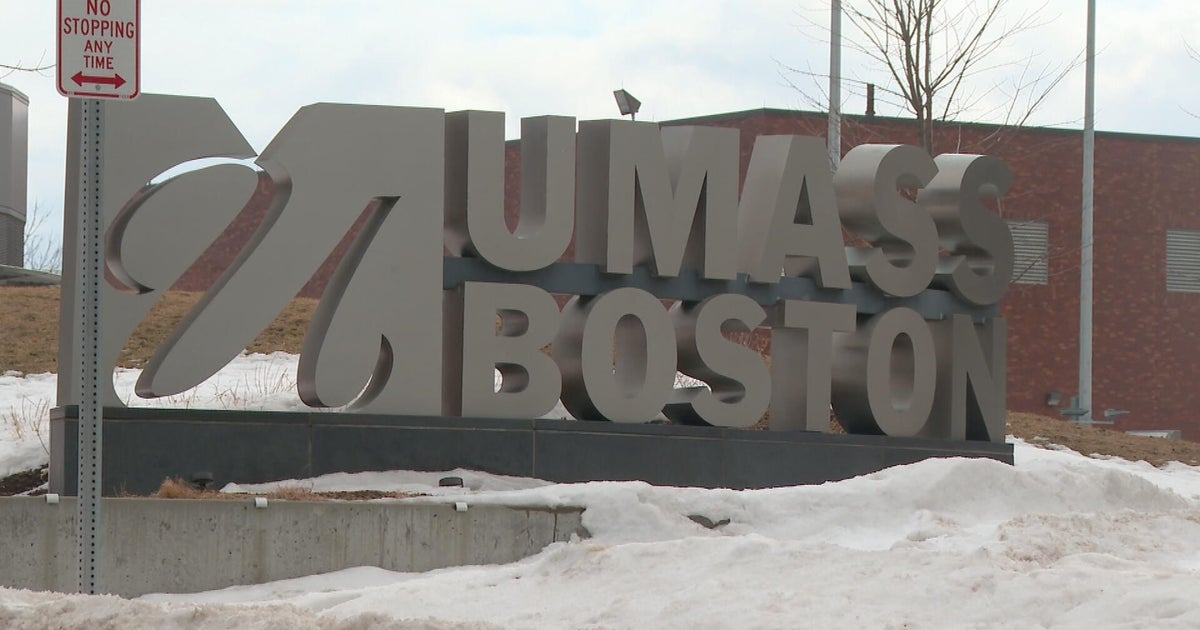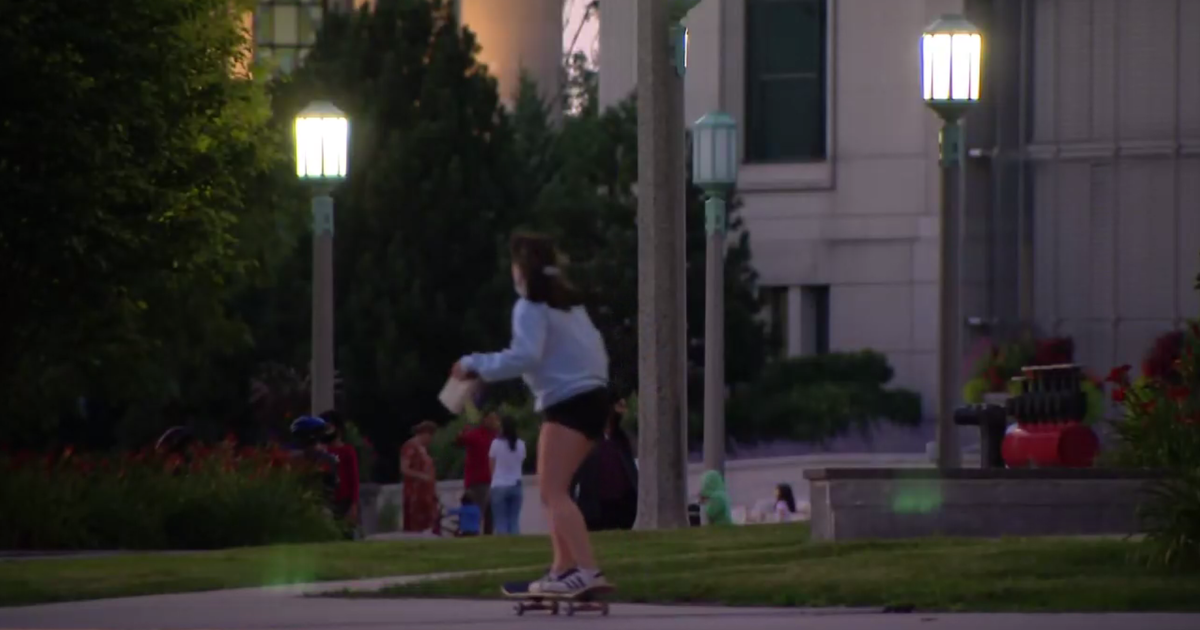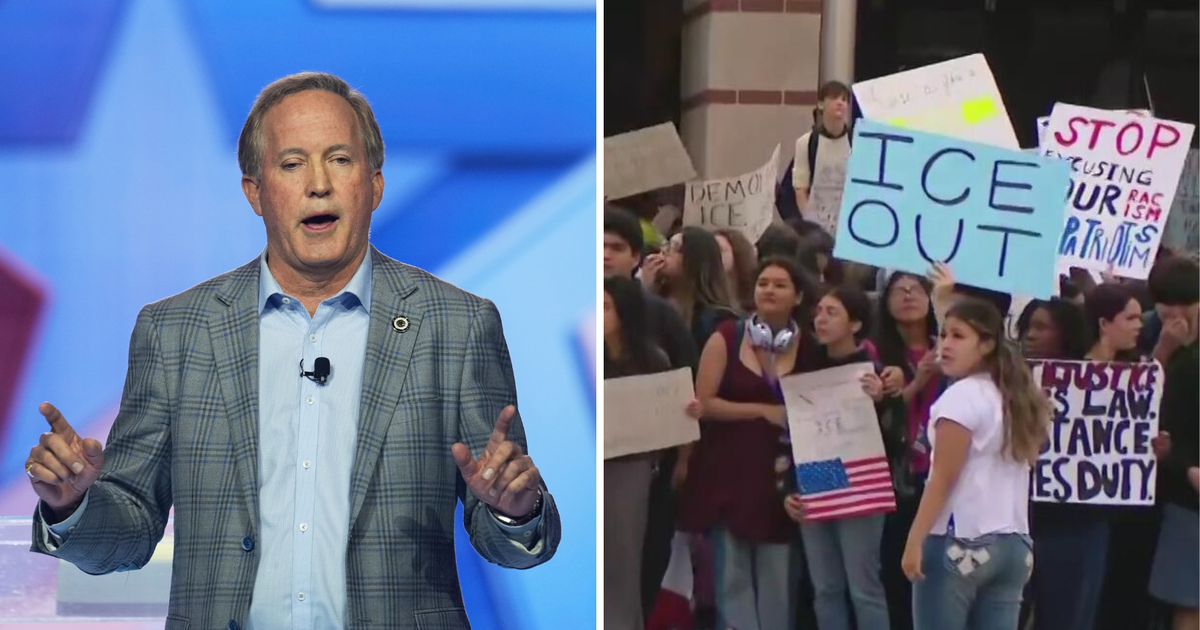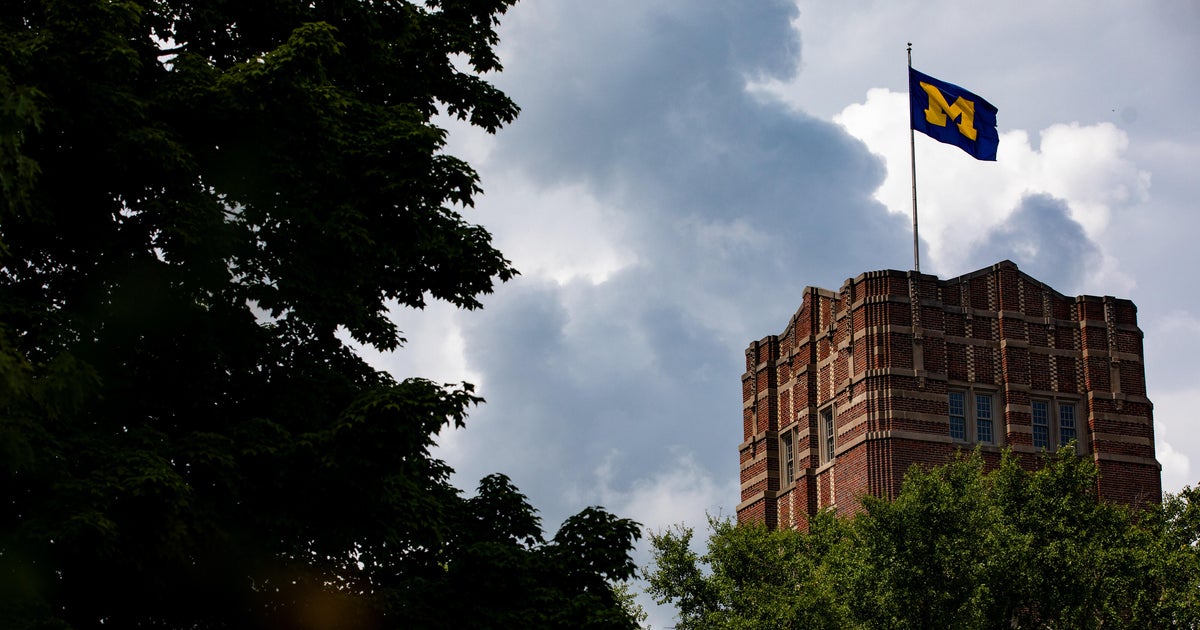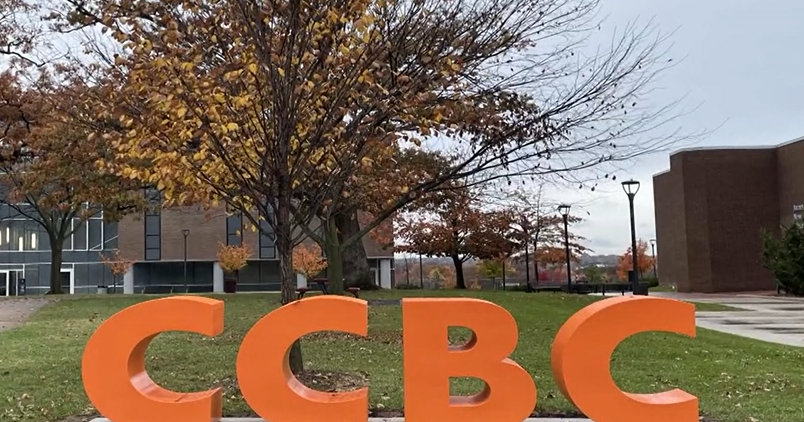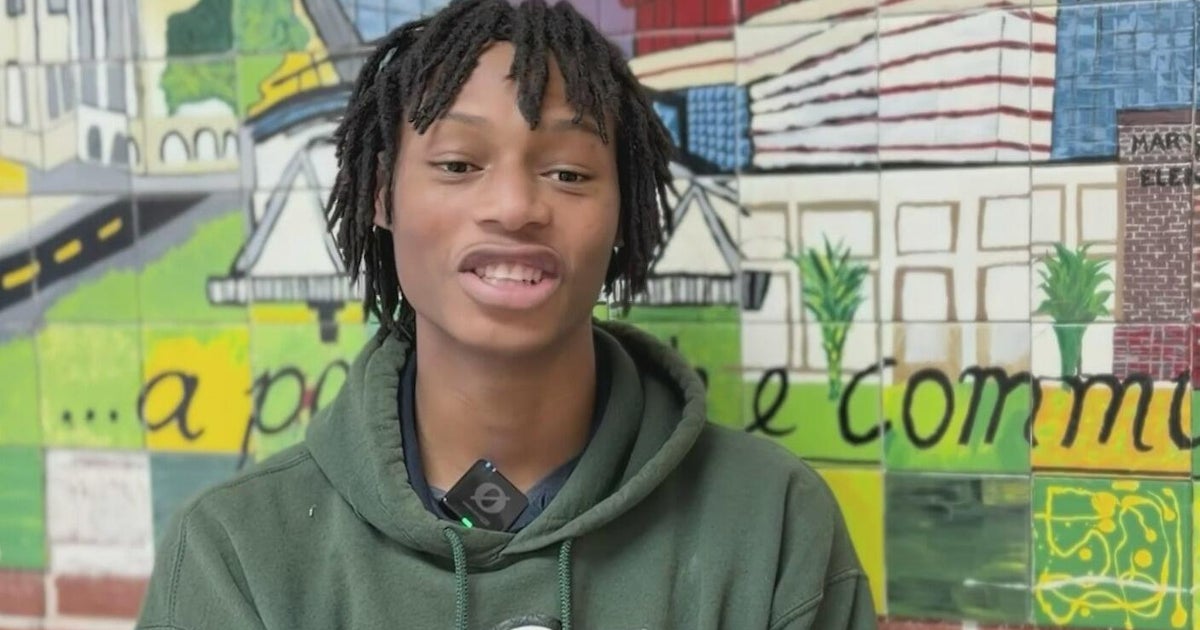U Of Miami Program Keeps Students Lives From "Going To Pot"
CORAL GABLES (CBSMiami/AP) — In college, an arrest for even a mistake like smoking marijuana can derail a student's college career and give them a criminal background that will haunt them well after college.
Last May, a University of Miami freshman narrowly avoided that fate when a resident advisor caught him doing just that in his Coral Gables dorm room.
Had he been arrested by school police, he might have been booted from school. Or sent back to his home country in the Middle East. And his arrest would have become public and — even if the court case was later dropped — his mug shot could live online indefinitely, jeopardizing future job chances.
But under a pilot program created by University of Miami police and prosecutors, the teen is one of 80 so far who have entered a program mandating community service, fines and cooperation with law enforcement in exchange for no arrest.
"It was a wake up call for him and it shook him to the core," said defense lawyer Larry McMillan, who asked that the teen not be named because he was not arrested.
"He could have blown it with the puff of a pipe. He is now doing his community service hours. He comes from a very conservative society, and he spent the summer educating other kids. He realizes that the opportunities to come to this country and study are very limited."
Defense lawyers, prosecutors and police say the optional program started last year, known as the University Law Enforcement Assisted Diversion Program (U-LEAD), is a first in Florida and is a valuable chance at redemption for young first-time offenders facing misdemeanor marijuana possession charges.
This month, law enforcement in Tallahassee also announced it would participate in a similar program to issue civil citations in lieu of arrest for minor non-violent crimes.
And the program may be expanded to other South Florida universities and some cities, which authorities say will help ease the ever-present congestion in Miami-Dade County Court, which last year processed over 51,400 misdemeanors.
In 2009, to ease the burden on county court, the chief administrative judge asked the county commission to consider making civil citations out of some criminal nuisance ordinances such as roadside vending and not having signs on the sides of work trucks. The effort fizzled.
"U-LEAD preserves expensive criminal justice system resources for more serious and violent offenders," said Miami-Dade State Attorney Katherine Fernandez Rundle.
At UM, officers nab between 70 and 100 people for simple marijuana possession every year, said Police Chief David Rivero. With help from prosecutors, the program went into effect about a year ago.
So far, only three of the 80 students have flunked out of the program, Rivero said.
In any college environment, it's not unusual for them to be caught with a joint on campus. Officers make many arrests in dorm rooms when resident advisors smell the marijuana smoke.
The program works like this: Participants must be first-time offenders caught with less than 19.9 grams of marijuana or drug paraphernalia. If they qualify, UM officers give them a series of forms outlining the program, suggesting they tell their parents and retain a lawyer.
If they agree within three days, the student enrolls through the police department. If they don't, officers seek criminal prosecution.
The school police department is hoping to expand the program to include possession of fraudulent IDs and alcohol violation, two frequent charges on college campuses.
A student must complete 25 hours of community service, donate $200 to a victim relief fund and pay $200 administrative fee that sustains the year-long program itself.
The participant must also agree to random drug tests and provide a statement to police detectives naming the source of the marijuana, said UM Sgt. Bobby Navarro, who runs the program.
The students must also attend a UM police drug awareness class and tour a courthouse and the Miami-Dade County jail.
"A lot of them say how it's so nasty, how it smells, how much they don't want to be there," said prosecutor Jessica Caso-Pedraja, who handles narcotics cases and is the state's liaison with the UM program. "It really brings to reality that their lives can change so quickly, because that's where they would have been booked if they were arrested."
The program is similar to "pretrial diversion" programs run through the courts system that lead to dismissed charges in exchange for community service and fines.
But even if a defendant completes the cumbersome process of sealing and expunging their criminal record, the arrests still often appear in private databases that purchase police public records. And some Internet companies collect jail mug shots, then charge defendants hundreds of dollars to taken them down.
"You could be a good kid who has never been into drugs," Navarro said. "And he comes here and he's out of his environment, hanging out with the wrong crowd and you end up a misdemeanor arrest that can follow him his entire life."
(©2012 CBS Local Media, a division of CBS Radio Inc. CBS RADIO and EYE Logo TM and Copyright 2012 CBS Broadcasting Inc. Used under license. All rights reserved. This material may not be published, broadcast, rewritten, or redistributed. The Associated Press and CBS4 news partner The Miami Herald contributed to this report.)
